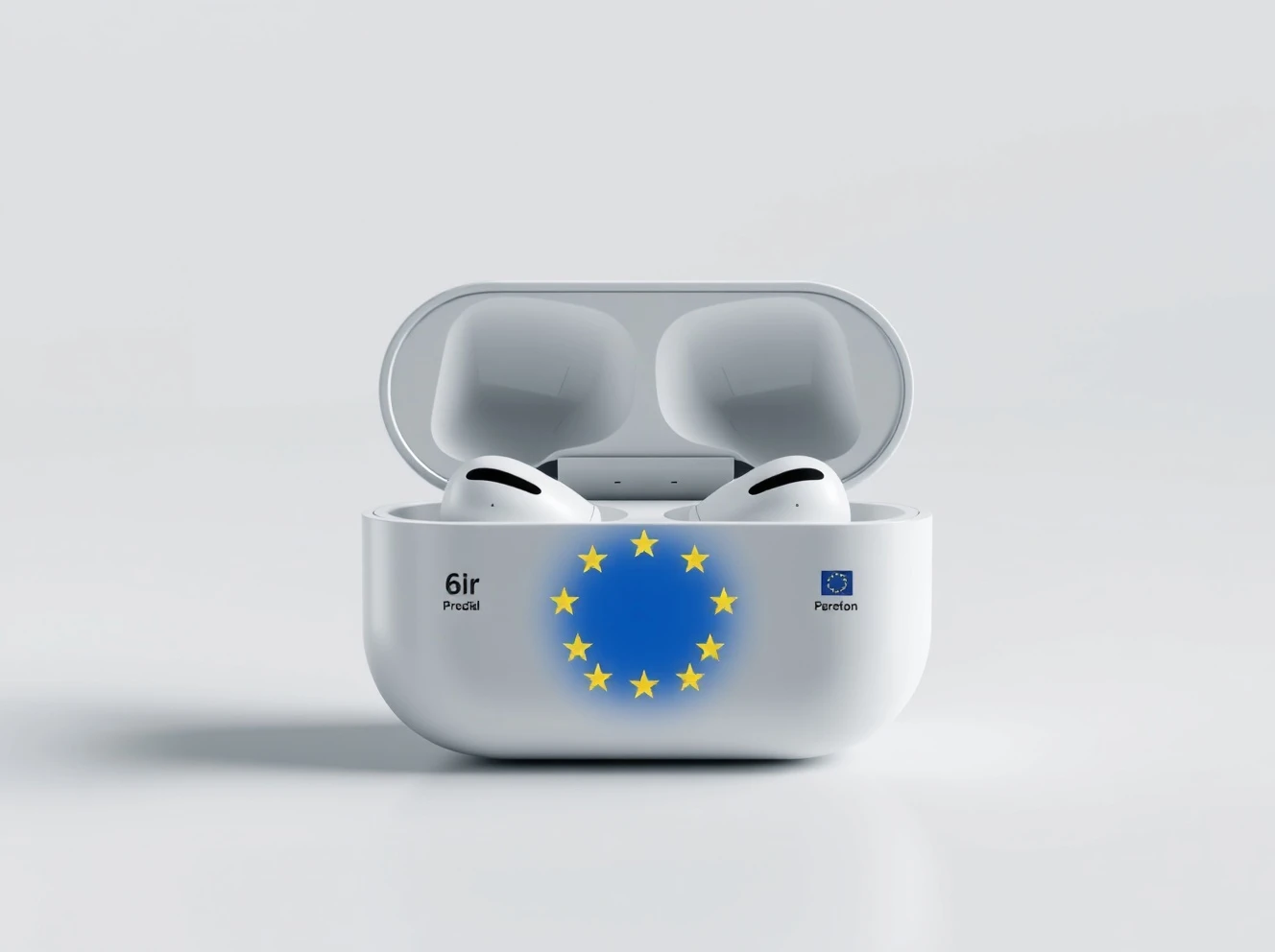Apple’s groundbreaking AirPods live translation feature faces immediate regulatory barriers in European markets, creating significant challenges for tech enthusiasts and business travelers across the continent. This development highlights the growing tension between innovative AI capabilities and stringent data protection frameworks.
AirPods Live Translation Feature Faces EU Restrictions
Apple confirmed that its highly anticipated AirPods live translation capability will not launch in European Union countries. The company explicitly states that EU residents and those with EU Apple IDs cannot access this feature. Consequently, millions of potential users will miss out on real-time audio translation services.
Regulatory Compliance Challenges for Apple Intelligence
This restriction directly results from the EU’s comprehensive data protection laws. Specifically, three major regulations impact Apple’s deployment strategy:
• General Data Protection Regulation (GDPR) mandates strict user data handling
• Digital Markets Act (DMA) regulates large tech platforms’ operations
• EU AI Act governs artificial intelligence applications
These regulations collectively create compliance hurdles for Apple’s live translation technology.
Historical Precedent for AI Feature Delays
Apple previously encountered similar regulatory obstacles in the EU market. Last year, the company delayed several AI features due to compliance concerns. European users eventually gained access to some capabilities in March 2025. This pattern suggests ongoing challenges in aligning Apple Intelligence features with EU requirements.
Technical Implementation and Data Processing
The AirPods live translation feature processes audio through Apple Intelligence systems. This real-time processing involves:
• Continuous audio capture and analysis
• Neural machine translation algorithms
• Cloud-based processing for complex translations
• Personalization based on user patterns
EU regulations particularly scrutinize each of these data processing aspects.
Impact on AirPods Product Line
The restriction affects multiple AirPods models including the new AirPods Pro 3. Additionally, the upcoming AirPods 4 and AirPods Pro 2 will support this feature elsewhere. This creates a fragmented user experience across different regions and device generations.
Future Resolution Timeline
Apple has not provided a specific timeline for resolving these regulatory issues. The company continues working with EU authorities to find compliant solutions. However, the complex nature of AI regulation suggests this process may require significant time and technical adjustments.
FAQs: AirPods Live Translation EU Restrictions
Why is Apple blocking live translation in the EU?
Apple must comply with EU data protection laws including GDPR, DMA, and the AI Act which regulate how user data is processed.
Which AirPods models are affected?
The restriction impacts AirPods Pro 3, and will also apply to AirPods 4 and AirPods Pro 2 when they launch with this feature.
Can EU users access this feature through workarounds?
Apple confirms that users with EU Apple IDs cannot access the feature regardless of their physical location.
Has Apple faced similar issues before?
Yes, Apple delayed other AI features in the EU last year, with some features only becoming available in March 2025.
Will this feature ever come to the EU?
Apple is working with regulators to find compliant solutions, but no specific timeline has been announced.
Does this affect other Apple Intelligence features?
While specifically affecting live translation, this situation reflects broader challenges Apple faces deploying AI features in regulated markets.








